
25 Best Colleges for Political Science 2020
The 25 schools on this list offer the top bachelor's degrees in political science, based on median salary one year out of college. The school with the highest median salary for this degree is Dartmouth College, at $59,900. Duke University graduates had the lowest median student debt on the list, at $9,000. Median salaries for political science graduates from these schools range from $44,700-$59,900.
Tuition, median salaries, and median debt were reported by the U.S. Department of Education in November 2019. View our methodology for more details about these rankings or read more about the top-ranked schools.
| School | Annual Tuition | Median Debt | Median Salary |
|---|---|---|---|
| Dartmouth College | $65,739 | $14,000 | $59,900 |
| Colgate University | $67,024 | $16,673 | $53,200 |
| Harvard University | $59,076 | Not Reported | $51,800 |
| University of Pennsylvania | $66,104 | $19,500 | $51,100 |
| Columbia University in the City of New York | $69,045 | $25,000 | $51,100 |
| Bowdoin College | $64,910 | $16,188 | $50,400 |
| Amherst College | $67,280 | $12,000 | $49,500 |
| Georgetown University | $65,081 | $15,205 | $49,100 |
| Yale University | $64,700 | $15,500 | $49,100 |
| Southern Methodist University | $64,460 | $17,825 | $49,100 |
| Princeton University | $59,710 | Not Reported | $47,900 |
| Duke University | $65,805 | $9,000 | $47,400 |
| Bucknell University | $64,772 | $25,000 | $47,300 |
| New York University | $60,438 | $21,960 | $47,200 |
| Northwestern University | $65,997 | $14,900 | $47,000 |
| University of Notre Dame | $62,693 | $19,000 | $47,000 |
| Hamilton College - NY | $65,740 | $18,125 | $46,800 |
| University of Maryland Global Campus | $12,336 | $16,062 | $46,500 |
| Tufts University | $67,844 | $18,500 | $46,200 |
| California Polytechnic State University-San Luis Obispo | $30,995 | $14,900 | $45,800 |
| The George Washington University | $64,990 | $21,500 | $45,500 |
| Connecticut College | $64,812 | $23,000 | $45,300 |
| Cornell University | $66,014 | $13,082 | $45,100 |
| Johns Hopkins University | $63,340 | $14,745 | $44,700 |
2020 Best Colleges Highlights
Learn more about the top colleges for a Bachelor's in Political Science degree. You can also read student reviews of each school by clicking on the stars. Although student reviews were not used as a ranking factor in this list, we provide ratings and reviews so students can consider the experience of alumni in their decision-making process.
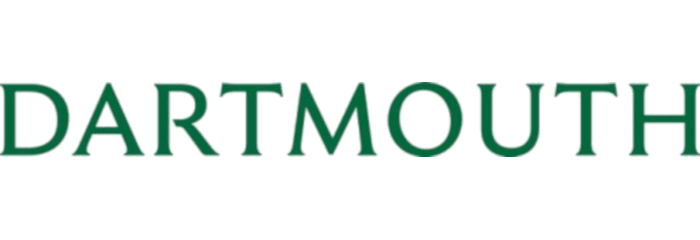
Dartmouth College’s Department of Government focuses on four main areas of political science through its undergraduate government degree: American Politics, Comparative Politics, International Relations, and Political Theory/Public Law. Students in the program choose two introductory courses and two seminar courses covering the various subfields, and may also choose to take courses in political analysis. The major also requires students to complete a prerequisite in government, economics, or math.
The major curriculum focuses on the examination of political power and its creation, use, and distribution. In the program, students analyze texts, collect and analyze quantitative data, and conduct surveys, experiments, interviews, and case studies. The department also offers courses and seminars to students at off-campus sites in Washington, D.C. and in London.
Students may also attend various lectures, seminars, and conferences that the department sponsors in collaboration with the Nelson A. Rockefeller Center. This provides opportunities for students to meet and interact with prominent leaders in the policy and journalism fields and leaders from other universities. In addition to the traditional undergraduate degree, Dartmouth also offers modified Government majors in Economics, Philosophy, and a combination of all three.
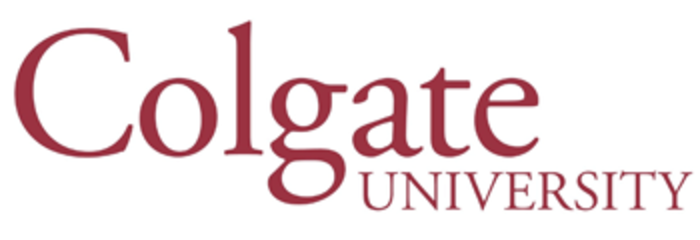
The Department of Political Science at Colgate University offers students in the undergraduate political science program the unique opportunity to not only study American and comparative government and politics, international relations, and political theory, but also gain real-world experience through internship opportunities in Washington, D.C. and Geneva, Switzerland.
Students choose ten courses from several in the subject, including America as a Democracy, The Presidency and Executive Leadership, Comparative Politics: Latin America, Global Peace and War, Politics and Moral Vision, and Foundations of Political Thought. Five additional electives in political science are also required, as well as one 400-level seminar course. The study group option in Washington, D.C. is conducted during the spring term, providing an up-close look at the workings of the American national government. While in D.C., students take three courses and participate in an internship. The Geneva study group is conducted during both fall and spring terms, allowing students to study how international organizations work, the politics of Western European nations and the European Union, and other subjects. This experience involves language and cultural immersion in a French homestay and requires at least one college-level French course as a prerequisite.
There are several internship opportunities with international and non-governmental organizations through the Geneva program. Also, Colgate’s chapter of the national honorary society Pi Sigma Alpha recognizes undergraduates and their accomplishments through annual awards.
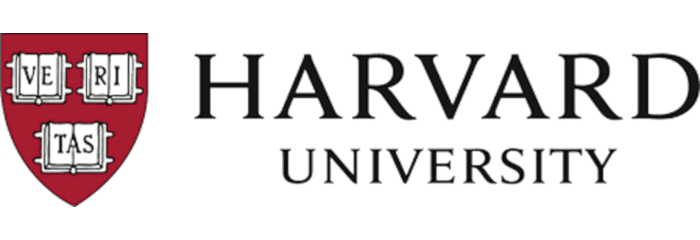
Government majors at Harvard University have the benefit of a very flexible path, allowing them to shape their education around a concentration of their choice. Students work in collaboration with their Concentration Advisor to create a program of study that not only provides them with a general familiarity with the political science field, but also a focus on their specific interests. Majors also choose between pursuing a degree through a standard track or an honors track. Both tracks require study four the subfields of Political Theory, Comparative Government, American Government, and International Relations, as well as three elective courses from outside the department.
While standard track students take one four-credit seminar, honors track students take two, including a recommended Research Practice course. Those in the honors program must also complete a senior tutorial, thesis, and occasionally an oral exam. Though there are no specific study-abroad programs offered in collaboration with the Government Department, students are encouraged to pursue study abroad education as an opportunity to gain fluency in another language, and to receive a better understanding of the key concerns of political science.
Harvard also funds several summer internships which are only available to government majors; all of these internships offer opportunities to learn abroad. Programs include internships with the Center for Applied Non-Violent Action and Strategies in Belgrade, Serbia, the Institute for Historical Justice and Reconciliation in The Hague, Netherlands, and Harvard’s China Student Internship Program.
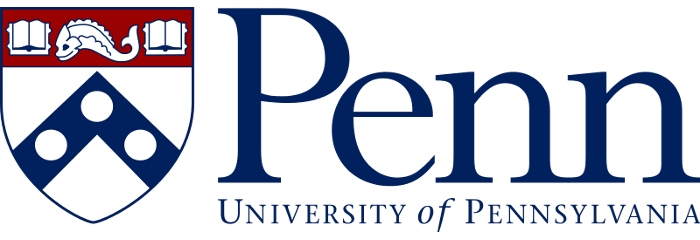
The political science undergraduate program at the University of Pennsylvania provides students with both theoretical and practical knowledge, as well as analytical depth and breadth in its exploration of the subfields of international relations, American politics, comparative politics, and political theory. Political science majors complete two introductory courses in two subfields, and three courses encompassing three of the four subfields, including options such as The Politics of Food, Public Opinion and American Democracy, Race & Ethnic Politics, Chinese Politics, Ethnic Conflict, Power Sharing in Deeply Divided Societies, Causes of War & Peace, Civil Wars, Money & Markets, and Feminist Political Thought. Four of the seven remaining elective courses must be in political science or interdisciplinary courses taught by faculty affiliated with the department.
Students pursuing an undergraduate degree in political science also have the option to declare a concentration within the major, choosing from one of the four standard subfields or the fifth option of Political Economy. Course choices are then shaped by the student’s chosen concentration. Penn’s primary internship opportunity is Penn in Washington, which is a four-credit semester-long program in which students meet with policy leaders, are taught by active policy professionals, and are able to participate in some of the best internships available in the Washington area.
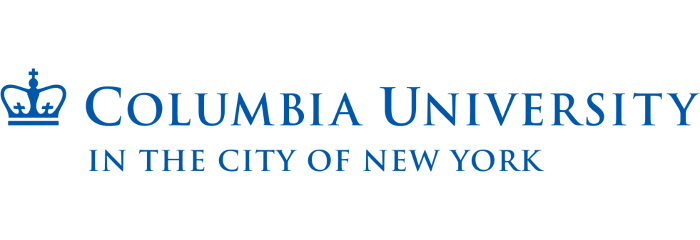
Students in the political science undergraduate program at Columbia University choose a primary subfield to specialize in from American Politics, Comparative Politics, International Relations, and Political Theory, as well as a secondary subfield. The nine required political science courses include two introductory courses, usually those covering a student's chosen subfield, three courses in a student's primary subfield, and two courses in the secondary subfield. Political science majors also take two seminars, one of which is related to their primary subfield, a course in research methods, and their choice of an elective from options such as Logic of Collective Choice, Score and Methods, Multivariate Political Analysis, Design and Analysis of Sample Surveys, and Experimental Research.
There are also interdepartmental majors available, including an Economics-Political Science combination, and a Political Science-Statistics combination. Columbia is also home to a non-partisan political group, the Political Science Students Association, which helps connect students and faculty in the department, plans events related to politics and current events, and creates a sense of community for students. The campus’s Center for Career Education works with students and alumni to make sure they have the resources to explore career options, jobs, and internships, and also sets up employer and alumni interactions.